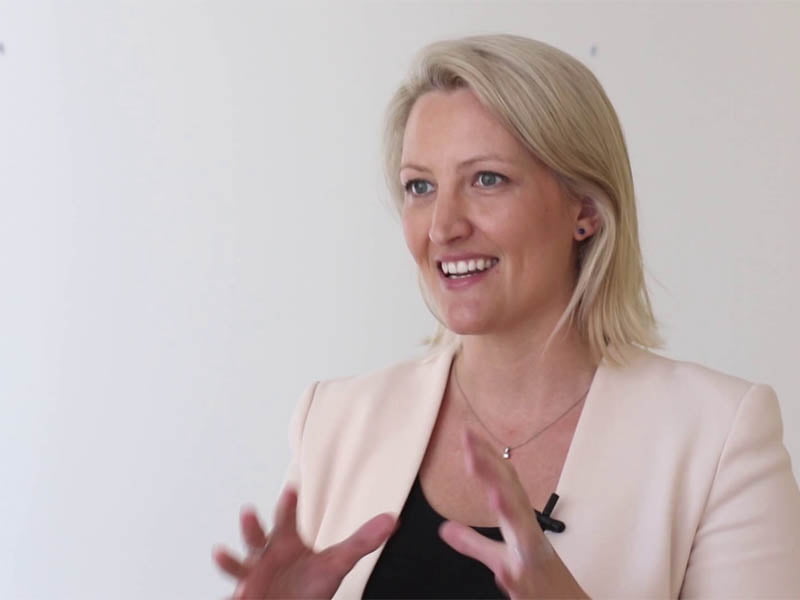For the last month, the Federal government’s Civil Aviation Safety Authority (CASA) has been seeking comment from individuals and organisations to have their say on safety regulations of drones.
What the exact outcome of this review will be remains to be seen. But drone expert Dr Catherine Ball sees it as a step closer for Australia – and more specifically home state of Queensland – to lead in the global drones industry.
Dr Ball for a long time there had been as a general perception that drones were only used by the military. But it is now obvious that the scope is much wider. Just look to Amazon and Domino’s Pizza as two companies that have been talking up the idea of using drones for product delivery, for example.

Dr Ball was responsible for putting together the recent World of Drones Congress. She says there was a growing maturity in Australian drones industry and points to the great potential for drones in areas from agriculture to biosecurity, and even drone tourism.
“In terms of our legal and regulatory path work, people have been very project-specific from the business side of things. I think the industry is maturing to a point where it’s actually becoming business as usual,” she said.
“You’d be surprised it’s not about the context of this technology, but what it’s already being used for. It’s already being used for so many things.”
Dr Ball, who refers to herself as an “accidental entrepreneur”, believes government can play a key role in ramping up the growth of the drones industry.
She pointed to the Queensland government as an example, and how it is leading the way with the launch of its own drone strategy that to help industry understand the drone regulatory landscape.
“I think Queensland could lead the rest of the country in all the states in terms of when they put their drone strategy in place,” she said.
It’s common that there’s often a lag phase between the development of the technology and the legal pathway, regulatory framework, and procurement and risk management that comes with it.
But Dr Ball argued that the drones industry has been a little different.
“There’s been a lot of innovation because of regulatory framework. It is a fact that Australia was the first country in the world to allow for the commercial use of drones. We started in 2002, so we have been doing it longer than anywhere else.
“Foreign companies like Google are coming into Australia with their project. They were down in Canberra doing delivery drone testing in the ACT because they can’t do it in the States,” Dr Ball said.
“If you can imagine, Australia is a really great launch pad for these new technologies to be tested across the global market.”
Aside from government, Dr Ball believed in order to create a truly “successful innovation culture,” input is also needed from the startup community, academia, and other industry businesses.
The timing for such a discussion comes as the Australian aerospace industry draws wide attention after the federal government announced it will be launching a national space agency.
“Drones are part of a larger part of this aerospace opportunity, which I think is huge for Australia and Queensland,” she said.
Do you know more? Contact James Riley via Email.

